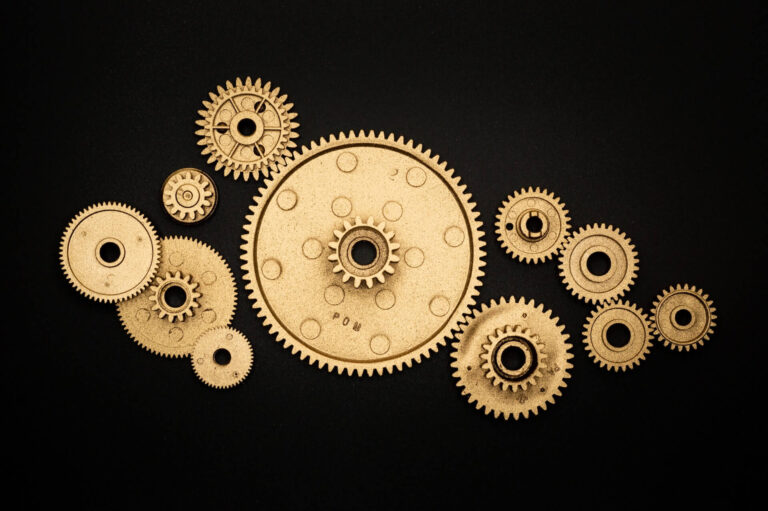Electronic document management (EDM) is a major challenge for companies that are looking to store and manage digital documents efficiently. Electronic Records Management Systems (ERMS) allow these documents to be stored securely, with integrity, in compliance with regulatory requirements, while making them easily accessible.
However, the feeding of the GED or SAE remains a long , tedious and expensive task .
- for business or IT departments that have to carry out data recovery operations from old systems or the preliminary analysis/sorting of document silos affected by the implementation of EDM or EAS,
- for employees, who must first manually sort documents and then enter document description metadata before putting them into DMS/EAS.
This can lead to high storage costs, business risks and wasted employee time. In this article, we’ll look at how to speed up your electronic records management system and automate the archiving process.
Why implement an electronic archiving system (EAS)
The benefits of implementing an EAS are numerous. It allows to:
– Relieve production applications of documents that are useful to the business but costly to keep in production,
– Ensure the long-term preservation of the most useful documents and destroy them when the time comes,
– Build up a company’s information capital in compliance with regulatory obligations.
This problem is present in all companies:
Employees rarely archive documents manually and do not sort documents in an existing document space. They already have a lot of tools to deal with on a daily basis (messaging systems, 0365, ERP), so it is often difficult for them to feed the SAE and even the GED, which leads to:
- difficulties for users to find documents,
- increased storage costs,
- an increase in risks for companies…
What solutions should be put in place?
To solve this problem, there are now new solutions, ready to use, resulting from the latest technologies (AI, Microservices, Big Data) capable of automating the enrichment of metadata and of uploading the documents into the EDM or the EAS.
- The documents eligible for deposit in a DMS or an EAS can come from various digital repositories such as file servers, Sharepoint or even Exchange.
This approach makes it possible to ensure the reliability of the payment in the GED and SAE, to minimize human intervention. The involvement of users is much lower, or even non-existent in some cases, and makes it possible to respond to the need of companies to set up systematic, reliable and secure document import systems.
Unlike an ETL (Extract, Transform, Load) based approach, these new automatic enrichment and remittance solutions require a shorter implementation time:
- They are, by design, adapted to the process of deposit in a DMS or payment in an EAS. Indeed, all the particularities are taken into account (PDF/A conversion, calculation of DUA, control of the completeness of the metadata expected by the DMS or the EAS,…).
- These solutions also allow you to go even further by enabling you to manage the life cycle of eligible documents “in situ”.
Everteam connectors and intelligent indexing for EAS and EDM services
Everteam, as a specialist in Information Governance, offers a solution with intelligent indexing functions to identify very early the documents to be archived, to automatically generate the metadata that nobody wants to enter, and to automate the process of putting the documents in EDM/ESA, whatever the solution chosen (Everteam or not) and more globally to answer the stakes described in the previous chapter .
This Everteam’s offer allows to interface with the main digital bulk of the market (0365, Exchange, File Server,…) and has a conservation repository allowing to control the life cycles wherever they are.
The results are multiple and benefit the company very quickly:
– an acceleration of the feeding of the GED or SAE
– Improved efficiency of collaborators in multi-source search operations, with automatically generated quality metadata
– Automated archiving in accordance with the company’s rules,
– a more secure information capital,
– better control of the Company’s risks and ….
All the while being part of a more responsible digital approach!



